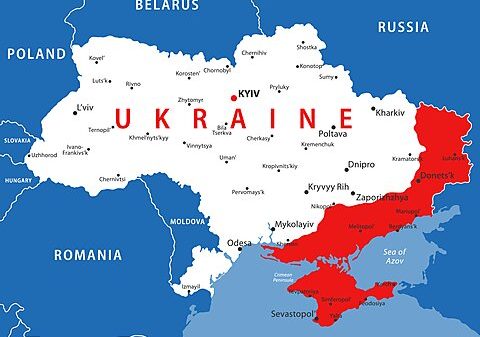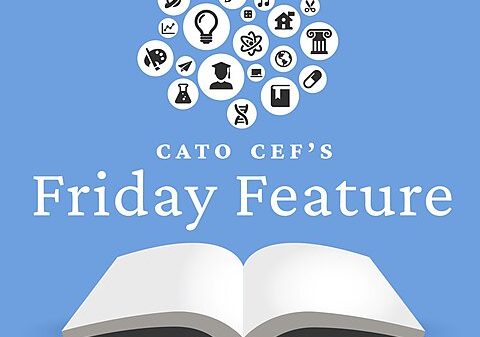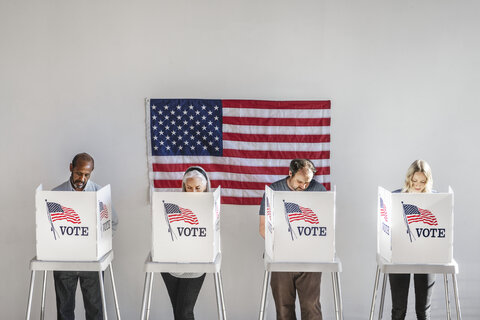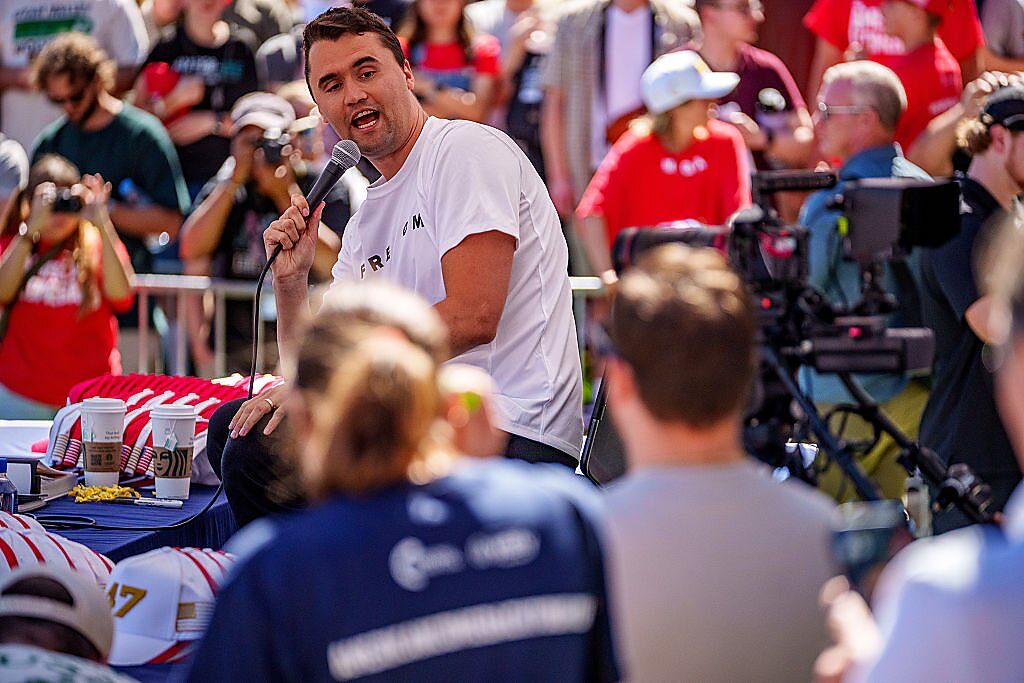The assassination of Charlie Kirk is sending shockwaves across the American political landscape. Kirk, a husband, father of two, and a prominent conservative pundit and political organizer known for his work with college students, was shot during an event at Utah Valley University on September 10. The attack on Charlie Kirk was not just personal; it was violence against free, civil speech, which Kirk taught incessantly. We would be wise to follow his defense of speech and the subtle art of persuasion.
Political figures on both sides of the aisle condemned the assassination. The coming together of an otherwise polarized society may be the only good thing to come out of this tragedy. I suppose a quasi-good thing to emerge is the implicit but palpable question, “How did we as a society get to a place where being killed for promoting and modeling civil discourse is no surprise?”
This is one of the questions I and others tried to answer in the “United to Prevent Targeted Violence” program (UPTV)—a civic participation program from 2022 to 2024—where we tried to mitigate the causes of politically motivated violence. We tried to show how communities can unite proactively to push back against violent extremism. The members ran the political, generational, and racial spectrums, all with the goal of preventing targeted violence and promoting understanding of those with whom we disagree.
Together, the members of UPTV believed that the more we dehumanize those with whom we disagree, the closer we get to justifying violence toward them. We believed that by working together, we can see our common humanity as well as our differences. All of this rested on a foundational belief: We need to build bridges across sociopolitical chasms, and civil discourse is our best tool for doing so.
This leads to what I’ve been calling Mutual Persuasion: a rhetorical theory and practice centered on listening across differences. The Mutual Persuasion Project, then, promotes dialogue as a kind of civil adhesive for reattaching societal factions into a more unified whole. This is not to say we all need to agree, but it is to say we all agree that talking is a better option than violence, which, if considered at all, must be the very last resort.
Mutual Persuasion draws inspiration from two champions of civil discourse: Jonathan Rauch and Daryl Davis. Rauch, in The Constitution of Knowledge, explains that, in a model “marketplace of ideas,” in which we expose our thoughts and beliefs to public evaluation, is “a dynamic web of mutual persuasion: critical persuasion, so to speak, a social process of continuously comparing notes and spotting errors and proposing solutions.”
Davis, a black musician who created dialogues with KKK members and successfully encouraged many to leave the organization, exemplified the power of intentional conversation—not necessarily debate—for developing mutual understanding. Both men drive home the idea that “mutual persuasion” relies on intellectual humility and open-mindedness, and that democracy necessitates transformation through discussion, not violence.
Both UPTV and Mutual Persuasion teach us that successfully eluding violence or effectively healing after violence requires intentional engagement, not just the expression of disapproval. Both organizations can be said to promote three main tenets:
- Dialogue can prevent violence: communities that practice active listening and superordination (collaboration toward a shared goal) can weaken the draw toward extremism.
- Listening and intellectual humility are civil acts: to prevent future violence, we must truly try to understand why those with whom we disagree hold their beliefs, and we must be transparent about why we have our own. Intellectual humility is a strength: being open to a variety of perspectives is the first step toward promoting discourse and preventing extremism.
- Rhetorical skill is imperative: developing the skills to both understand others and be clear with one’s ideas is key to healthy dialogue. We would all do well to learn and hone our rhetoric.
With these tenets as a foundation, perhaps we can create more “uniters,” a la UPTV, than dividers. Perhaps we can embrace active listening and receptivity. Perhaps we can develop that defensive confidence to expose our ideas to scrutiny. Perhaps most importantly, we cannot equate the discomfort of dissenting views to real violence. Having someone disagree with you is quite different from having someone harm you physically. Such an idea is poison to civil society.
The assassination of Charlie Kirk shows that when dialogue fails, violence may fill the void. We must mourn Kirk’s death, but we also must resist the draw of violence to prevent the death of others.
Kirk spent his career championing civil discourse; we owe it to his memory to do so ourselves. We need not agree with his politics or tone, but we must embrace his belief in dialogue. Let our words, not our weapons, be our primary modes of persuasion.







